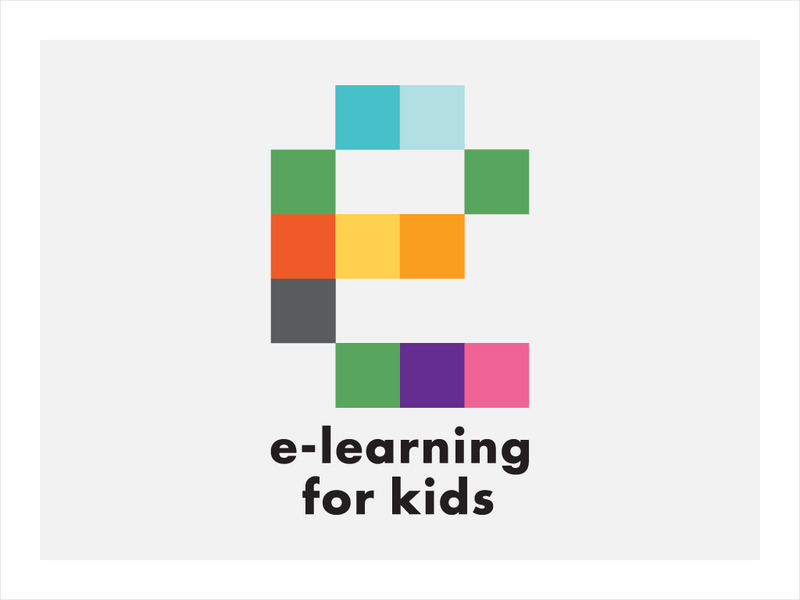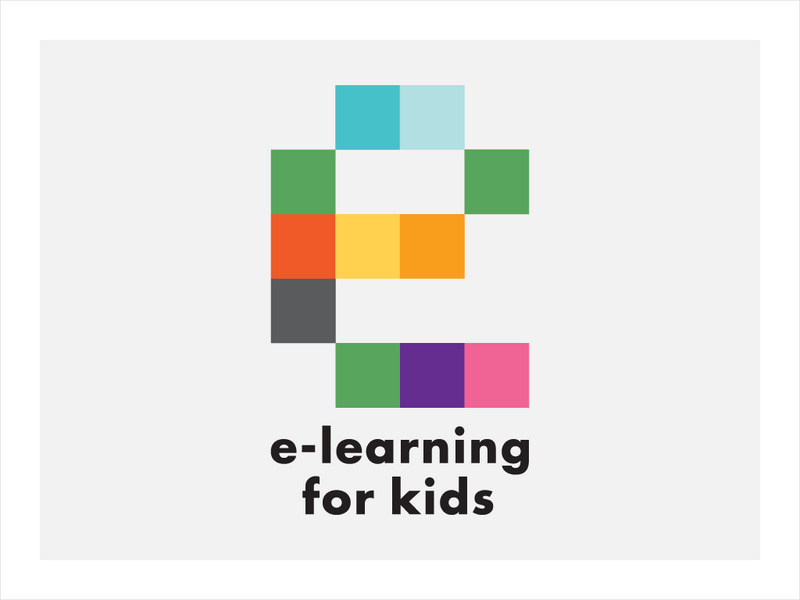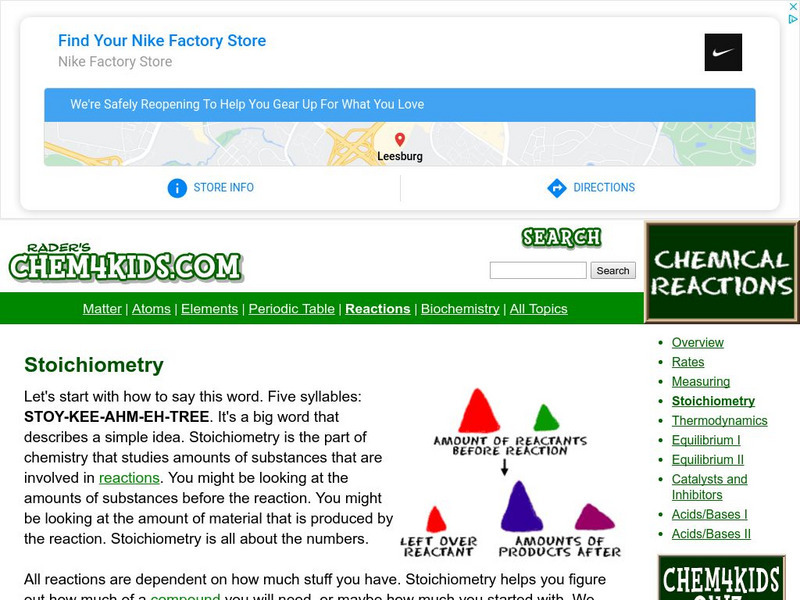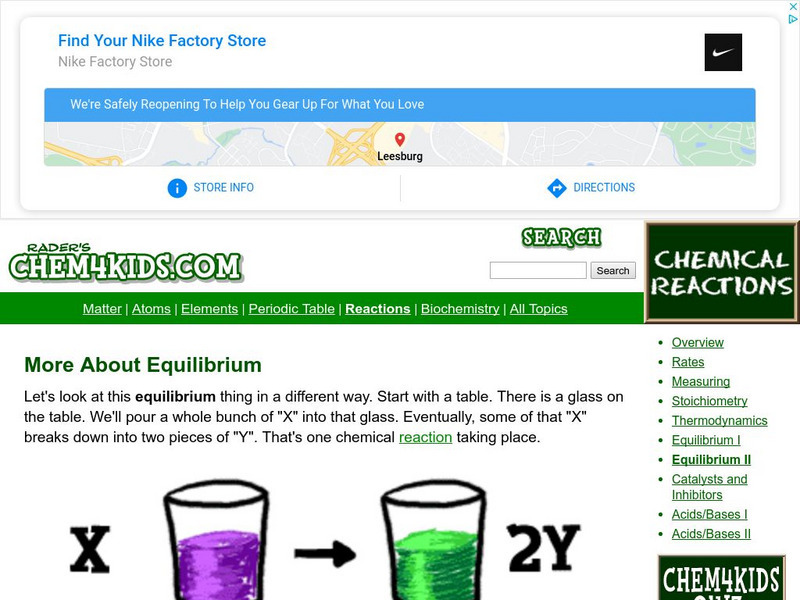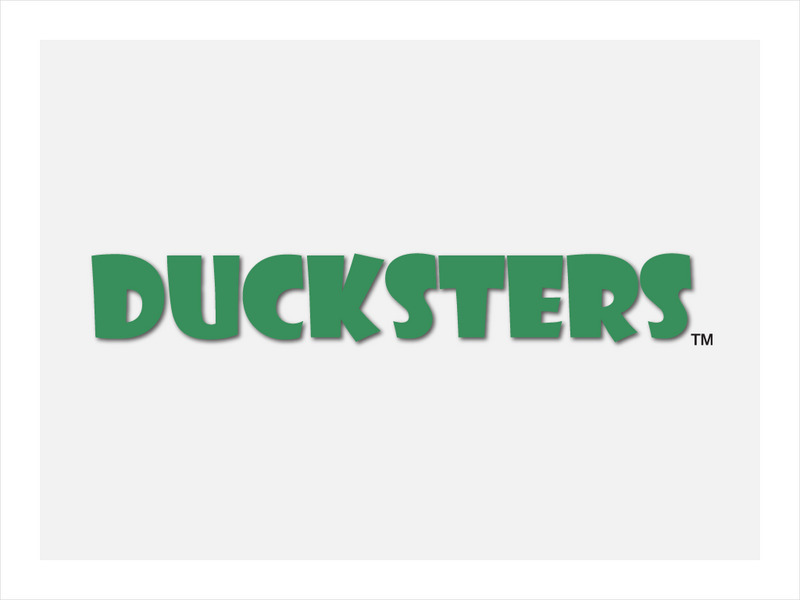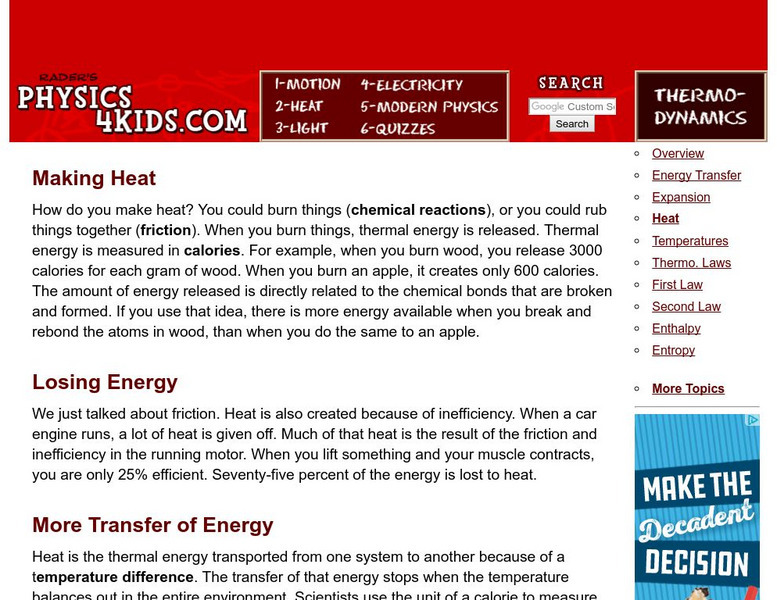E-learning for Kids
E Learning for Kids: Science: Mediterranean Sea: What Are Reversible and Irreversible Changes?
Students will learn about reversible and irreversible changes in materials in this lesson.
American Chemical Society
American Chemical Society: Hompage
ChemCenter, available from the American Chemical Society, provides chemistry news, reference sources and other public services.
National Institutes of Health
Niehs: Kids' Pages: What's Wrong Whiskers?
Online children's story that teaches about the health effects of exposure to environmental hazards such as chemicals. Click on "next" at the bottom of the story to see why Whiskers, the family cat, becomes ill from all the chemicals used...
E-learning for Kids
E Learning for Kids: Science: Netherlands: What Are Permanent and Temporary Changes?
In this lesson, students match a substance with its state of matter, identify what state something is, and learn about temporary and permanent changes in matter.
NOAA
Noaa: Office of Response and Restoration
Here are tools and information for emergency responders and planners, and others working to understand,.the effects of oil and hazardous materials in our waters and along our coasts. Links to oil/chemical spill information and photos....
Chem4kids
Chem4 Kids: Metals in the Periodic Table
This site provides a general overview of the metals in the periodic table. Content explores the different types of metals, and how you can identify a metal.
Chem4kids
Chem4 Kids: Stoichiometry
This site provides a great overview of stoichiometry, the part of chemistry that studies amounts of substances that are involved in reactions. Content focuses on what you measure, and includes two examples.
National Institutes of Health
Niehs: Kids Pages: Crabby Kathy
Online children's story that teaches about the health effects of exposure to environmental hazards. Click on "next" at the bottom of the story to see why Kathy becomes "crabby" from all the chemicals and contaminants in her room.
National Institutes of Health
Niehs: Kids' Pages: You and Your Genes
Online children's story that teaches about genes and how they direct how you react to things in your environment. Click on "next" at the bottom of the story to see how different people respond differently to harmful substances.
Chem4kids
Chem4 Kids: More About Equilibrium
Equilibrium in chemistry is two reactants combining together and then coming apart to their two parts. Review this resource featuring a way to approach chemical equilibrium.
PBS
Pbs News Hour Extra: The Iraq War (Students and Teachers)
This site provides coverage of the war with Iraq written for teens. Additional content includes student voices and forums.
Ducksters
Ducksters: Physics for Kids: Energy
Kids learn about the science behind Energy including its different forms such as chemical, electrical, heat, and gravitational. When is energy considered renewable or nonrenewable?
American Chemical Society
American Chemical Society: Science for Kids: Solids, Liquids and Gases
Engaging hands on science lessons for grades 2-6 on the three states of matter.
Ducksters
Ducksters: Chemistry for Kids: Chemistry Lab Equipment
Kids learn about the lab equipment used for chemistry experiments such as beakers, flasks, test tubes, stirring rods, pipettes, bunsen burners, gloves, goggles, and more.
Physics4kids
Physics4 Kids: Thermodynamics and Heat: Heat
Explains how heat is created from a chemical reaction, from friction, or from energy inefficiency, as well as the meaning of specific heat capacity.
Other
University of Nebraska at Omaha: Brains Rule! Games: Ecstasy Invaders
Go on a mission inside a nerve cell to find out about how neurons produce and release neurotransmitters to communicate with other neurons. Learn what happens to these brain chemicals when the drug ecstasy interrupts the process.
PBS
Pbs Teachers: Submarine Race Experiment
Balance the force of gravity with the force of the expanding gasses created by mixing baking soda and vinegar. Create a soda bottle submarine that sinks to the bottom of the bathtub and then rises back to the surface.
Curated OER
Science Kids: Science Images: Periodic Table of Chemical Elements
This is a picture of the periodic table of chemical elements, an important set of information for anyone learning about chemistry. Elements such as hydrogen, carbon, oxygen, sodium, iron and gold are listed using their chemical symbols...
Curated OER
Science Kids: Science Images: Chemical Structure of Methane
This diagram shows the chemical structure of methane. A methane molecule contains one carbon atom and four hydrogen atoms.
Chem4kids
Chem4 Kids: Acids in Proteins
The first thing you might be asking is, "What is an amino acid?" There are more than fifty, and each one of them is a little different. Amino acids are used in every cell of your body to build the proteins you need to survive. All...
Curated OER
Science Kids: Science Images: Gold Nugget
This photo shows an enormous gold nugget. Known as the Mojave Nugget, it weighs 156 ounces and is the largest gold nugget found in California. Gold is a precious metal with the chemical symbol Au. For more information on gold, check out...
Curated OER
Science Kids: Science Images: Drop Counter
A close up photo of a typical looking drop counter that is used in a variety of chemical and scientific experiments.
Curated OER
Science Kids: Science Images: Volcanic Gases Diagram
This diagram helps explain the processes involved when a volcano erupts, injecting aerosols and gases high into the air and up in to the stratosphere. The chemicals inside the ash can create acid rain and lead to ozone destruction.
